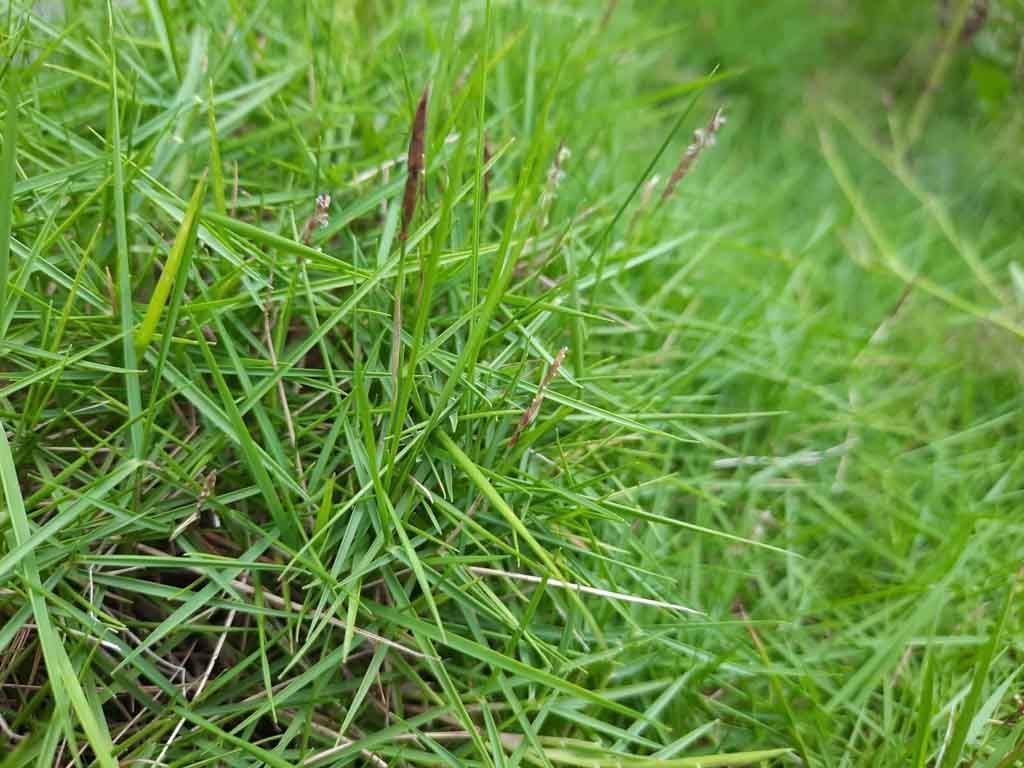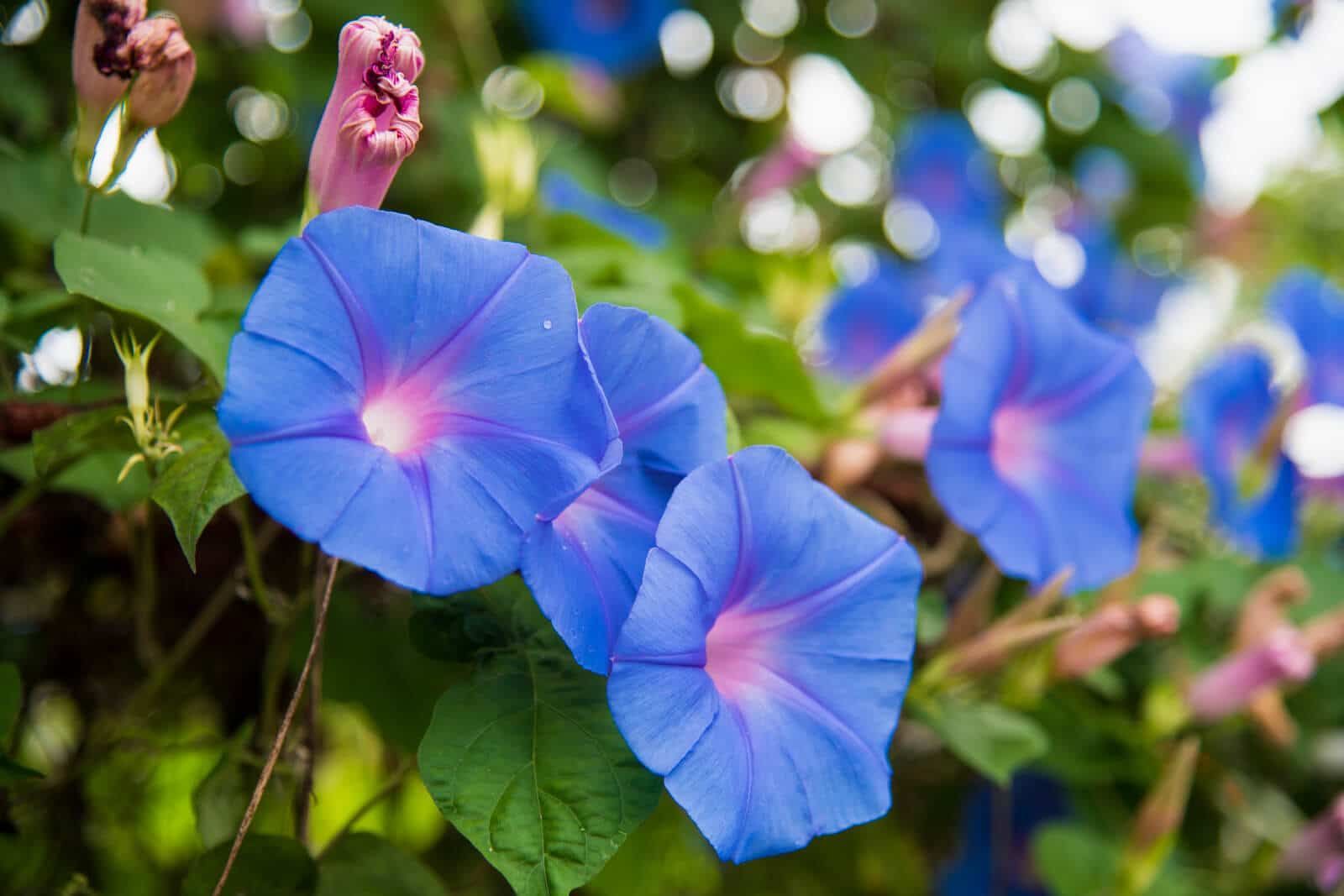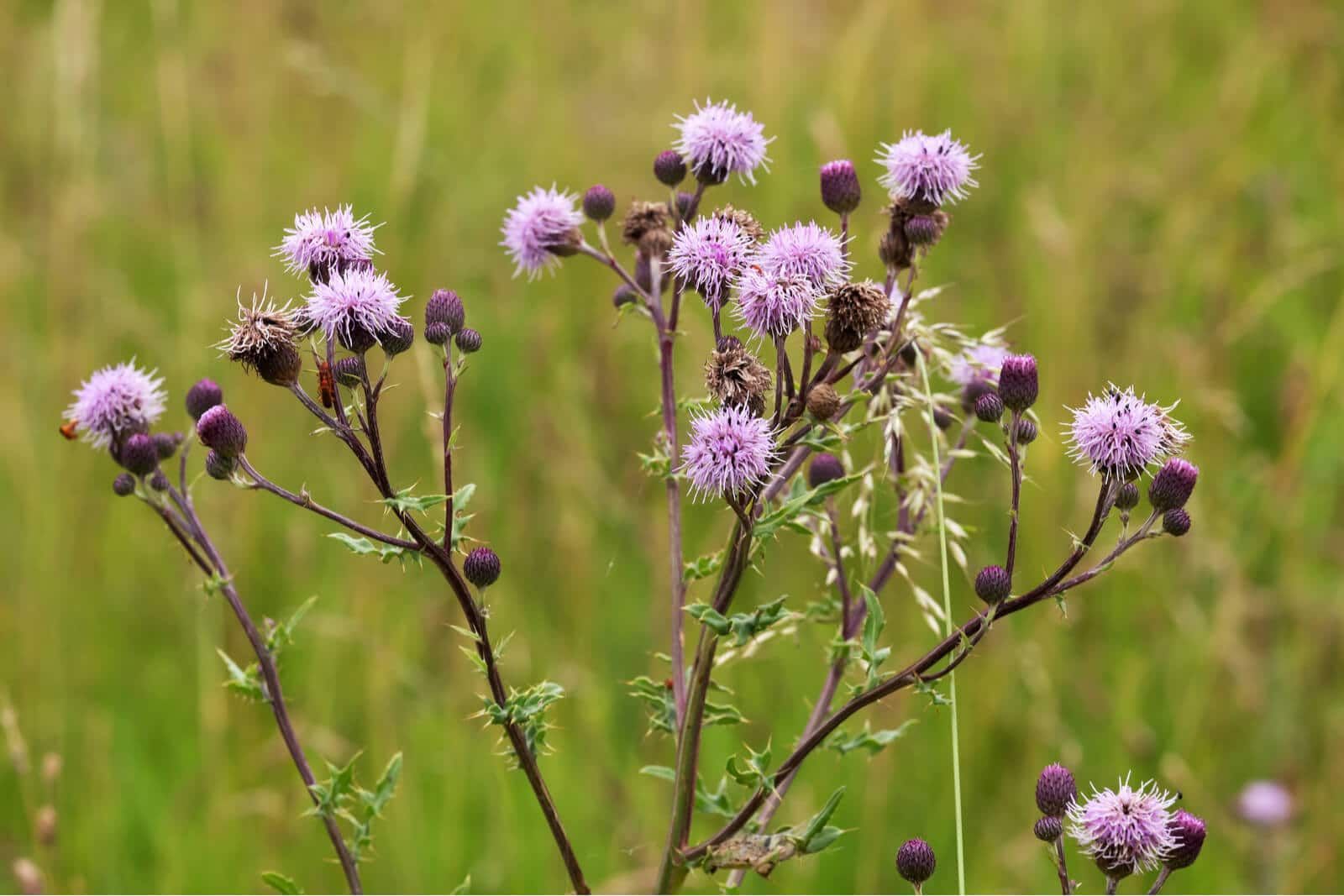Barnes Lawn Care Services
Backed by Senske’s 75+ years of expertise in the Northwest,
we’ll keep your lawn green & weed-free.
Bend Lawn Services
Barnes is committed to providing quality lawn care and maintenance services in the Bend area. We provide seasonal lawn maintenance services available year-round.
Common Weeds in and around Bend, Oregon:
Chickweed

Chickweed is known to harbor viruses that can destroy your tomatoes, cucumbers, and other agricultural vegetable species. Chickweed also hosts destructive insects like lygus bugs, mites, and thrips. In short, don’t risk introducing it to your property.
Henbit

Henbit will take over your yard, if provided the opportunity, and is difficult for homeowners to eradicate without killing grasses as well. To prevent Henbit or any nettle from showing up, keep your lawn green and healthy with an adequate lawn care program that includes thatch removal, aeration, overseeding, fertilization – where necessary, proper mowing, and deep watering at infrequent intervals. Lush, green lawns grow high and thick, and don’t allow for the growth of weeds.
White Clover

Some homeowners use Dutch Clover as a lawn cover instead of grass. Its fibrous root systems and ability to handle a lot of foot traffic and mowing make it somewhat ideal. There are some big downsides to consider, however, such as:
- White clover's attractiveness to insects and pests
- Potentially irritating your neighbors who might be concerned about clover spreading throughout the neighborhood
- Clover being difficult to change/remove
- Impact to house resale value as most buyers prefer lawns
Bentgrass

Once commonly used in golf courses, it’s not unusual to find bentgrass popping up in weed form from time to time. If it previously existed in your yard, Creeping Bentgrass can be difficult to fully eradicate without professional help. It’s also proven to be a finicky grass, and more prone to lawn diseases than other species so watch out for additional hurt if this creeping grass sets in.
Morning Glory

While they look and act similar, Morning Glory weeds and flowers are very different. Morning Glory flowers come from seed and are loved by many gardeners. Bindweed growth stems from hardy rhizomes (root structures) and its seeds are not available for purchase.
Morning Glory Weed’s scientific name is Convolvulus Arvensis. Known more correctly as Field Bindweed, Morning Glory Weed can be a troublesome nuisance to lawns and gardens. Field Bindweed roots run deep and its vines strangle other plant growth.
Plantain Grass

Unrelated to the Plantain Fruit, Plantain Grass weeds won’t be producing anything good for your grass or garden. With strong taproots and thousands of seeds dispersed by the wind, Plantain Weeds are prolific. You’ll find this leafy weed quickly takes over lawns, empty lots, and fields if left to its own devices.
Thistle

Thistle Weed (Cirsium Vulgare) is a common, sometimes flowery, weed with both invasive and native species. While beneficial to fauna, these prickly nuisances are best left to flourish in wilderness areas where they thrive without damaging lawns or harming individuals. They can take over properties quickly when not managed, and bring both allergic reactions and pain to humans and pets.
Though they’re relatives of the daisy family, they’re hardly deserving of such a friendly title. Many states have classified thistle as noxious weeds – plants posing enough risk to the health of native flora and fauna to require significant control through government action.
Bermuda Grass

Cynodon Dactylon, commonly referred to as Bermuda Grass, Wire Grass, or Devil Grass, is a perennial turf species enjoyed in the south but frequently despised in cooler climates. Originally from Africa, Bermuda grass is invasive when not planted purposefully, and difficult to remove from turf and fescue because of its shoots/runners and the roots each one puts down at the nodes.
Bermuda grass shoots also travel underground like thick roots (rhizomes). If the plant is pulled up and even a small amount of root system remains, it will have no problem growing up into a carpet of weeds just as strong as before.
Black Medic

Medicago Lupulina, often referred to as Black Medic, is a common but invasive weed in North America. Like many other prostrate plants that grow low to the ground, Black Medic can survive in harsh climates due to a large taproot that grows deeper than most grasses. It thrives in full sun and is frequently found in the summer growing in areas turf grasses find difficult to inhabit. If Black Medic is found growing within your lawn, there’s a good chance your lawn is weakening (possibly due to low levels of nitrogen).




